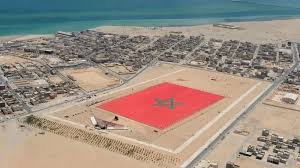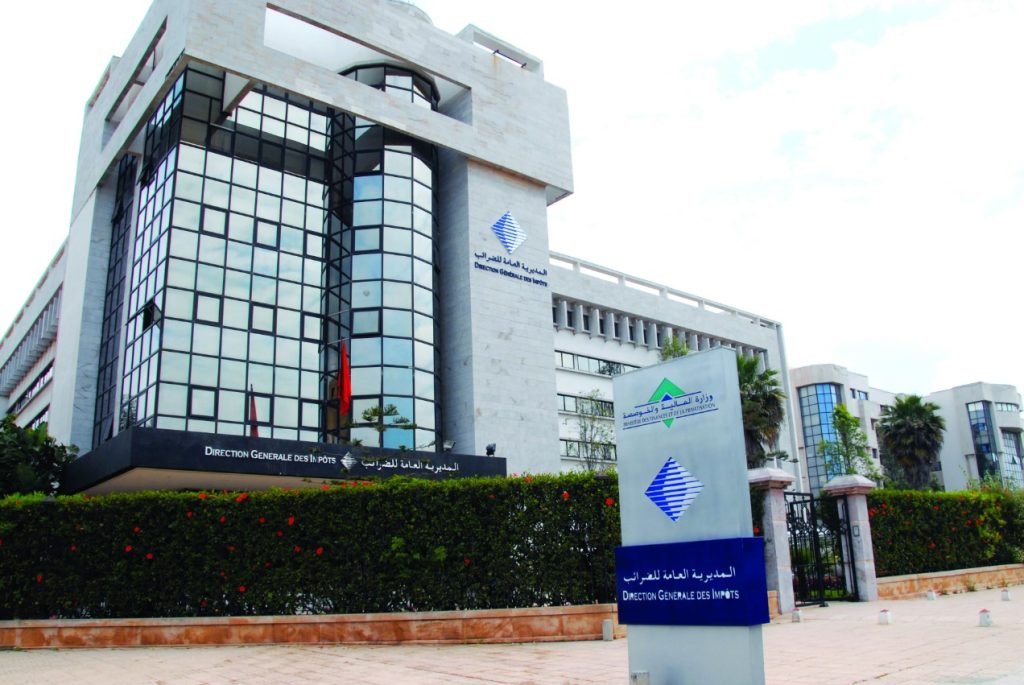In a statement with major strategic implications, Morocco’s Minister of Energy Transition and Sustainable Development, Leila Benali, affirmed that the Dakhla–Oued Eddahab region is now at the heart of Morocco’s geoeconomic transformation as a key pillar in the emerging energy corridor connecting Africa to Europe.
Dakhla: A Rising Platform for Renewable Energy
Minister Benali highlighted that Dakhla’s strategic location and its proximity to some of the strongest wind fields in the Moroccan Sahara make it an ideal hub for the development of:
Large-scale wind power projects,
Solar energy platforms,
Green hydrogen and its derivatives,
High-voltage electricity transmission networks.
These advantages, she added, have attracted significant interest from leading global companies seeking competitive and scalable clean-energy production zones.
Morocco as an Energy Bridge Between Two Continents
According to Benali, the Royal Vision established over the past two decades has positioned Morocco as a regional leader in renewable energies.
Today, the global acceleration toward decarbonisation further reinforces the Sahara’s role as a future energy hub connecting African production to European markets seeking reliable and low-carbon sources.
The high-voltage energy-corridor projects currently being prepared will allow green electricity generated in southern Morocco to flow toward:
The northern regions of the Kingdom,
Europe via interconnection networks,
African markets at later stages.
Major Investments and Projects Under Development
Dakhla is currently experiencing strong momentum through several critical projects, including:
Large solar and wind farms under study,
Industrial zones linked to renewable-energy production,
Future green-hydrogen and green-ammonia platforms,
The South–North high-voltage transmission corridor,
Expanded port and logistics infrastructure, especially the new Dakhla Atlantic Port.
Combined, these initiatives will transform the region into a continental energy gateway, capable of channeling renewable-energy flows from Africa toward Europe.
Economic Impact and Job Creation
The Minister noted that this energy-driven strategy will generate substantial added value by:
Creating thousands of direct and indirect jobs,
Strengthening local industries connected to renewable energy,
Positioning Morocco within global green-hydrogen value chains.
Minister Benali’s remarks in Dakhla underline a clear reality:
The Moroccan Sahara is no longer just a regional development zone; it is becoming a strategic backbone for the future of energy in Morocco and Africa.
As projects advance, Morocco is firmly on track to become a major producer and exporter of clean energy, anchoring an energy corridor that binds Africa to Europe.








